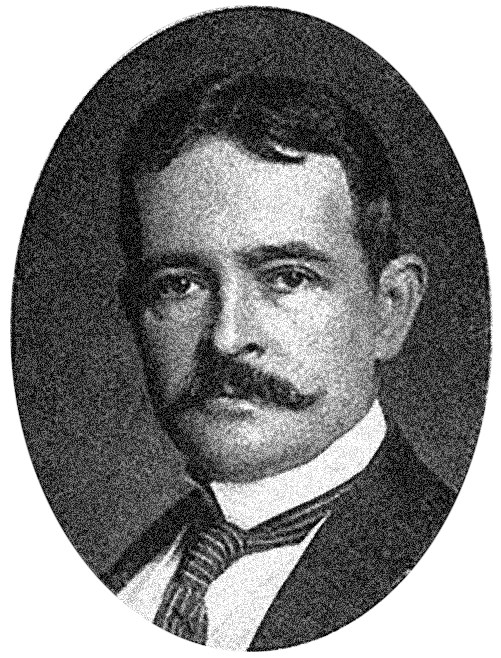Dear Abbe: Anxious to assume more responsibility

EDITOR'S NOTE: "Dear Abbe" – named in honor of plastic surgery pioneer Robert Abbe, MD – provides plastic surgery residents an opportunity to anonymously share concerns and seek advice from a highly respected, senior-level faculty member. Christian Vercler, MD, a clinical associate professor in the Section of Plastic Surgery at the University of Michigan – where he also serves as co-chief of the Clinical Ethics Service of the Center for Bioethics and Social Sciences – and Kate Kraft, MD, a professor in the Department of Urology at the University of Michigan, step into Dr. Abbe's shoes for this installment. The views expressed in this column are those of the author and should not be considered legal advice. Residents and Fellows are encouraged to submit questions to DearAbbe@PlasticSurgery.org. Names will be withheld.
Dear Abbe:
What is the best approach to take on a rotation with a surgeon where I'm not getting to do enough operatively?
– Anxiously Waiting
Dear Anxiously:
For every resident I know, operative independence is like money – even if you have enough, it would be nice to have a little more. It's particularly frustrating to feel you've achieved a level of surgical competence only to rotate onto a new service where you're not allowed to demonstrate your operative skills.
A crucial component of solving any problem is arriving at an accurate diagnosis before proceeding with a solution. For every operation, there are at least three variables to consider: you, the attending surgeon and the patient. Although it might seem there's "something wrong" with this attending if he or she doesn't let you operate as much as you feel you should, the only element you have direct control over is yourself. Take careful stock of your situation – including some deep self-reflection to make sure you aren't manifesting the Dunning-Kruger effect. (It's when those with lower levels of expertise overrate their actual ability to perform.)
The advice we all give to medical students on their sub-internship also applies in residency: Be prepared for every case. Make sure you know the relevant anatomy, indications for the procedure and everything about the patient so that you fully understand why you're doing this specific operation for this specific patient. Have particular educational goals that are appropriate for your level of training (e.g., don't expect to do the microsurgery on your first DIEP flap). Take advantage of pre-op conferences to demonstrate your mastery of the subject matter. There have been many instances when a resident so impressed me with their preparation at the weekly indications conference that I let them perform significantly more of an operation than I had first planned. As Louis Pasteur said, "Chance favors the prepared mind." Assuming that you're doing all this and still feeling frustrated, there are more direct ways to approach this.
Gaining autonomy in the O.R., while somewhat of a right, is mostly a privilege to be earned through thorough preparation and clearly communicating learning objectives. This is the crux of growth in surgical skill. The BID model offers an excellent blueprint for this, focusing on the individual needs of the learner. A good surgical educator should elicit these from you before every case – but don't wait to be asked. Simply stating something to the effect of, "Last month I did a fair amount of the venous anastomoses under the scope, and my goal for this case is to perform an arterial anastomosis" can be a powerful way to alert your attending to his or her educational role. If I'm preparing for a particularly challenging operation, I might be focused on a specific aspect of the case, and I may lose sight of my educational responsibilities. Making sure that your goals are aligned is a recipe for success.
University of Michigan researchers have identified behaviors among residents and attendings that were reliably "promotion-associated" or "prevention-associated." A promotion-oriented person is "high energy," "willing to take risks," "open to alternative approaches" and "works quickly." These individuals are considered to be "playing to win." The prevention-oriented person, meanwhile, "prefers vigilant strategies," "sticks to known ways of doing things," is "quiet and calm" and "works slowly and deliberately." These individuals are considered to be "playing to not lose."
The researchers found that both residents and attendings reliably perceived traits in themselves and others that could be divided into these categories. Perhaps unsurprisingly, residents reported the lowest amount of operative autonomy when there was a mismatch in styles (i.e., a resident who "works quickly" and is "willing to take risks" has low entrustment from an attending who "works slowly and deliberately" and "prefers vigilant strategies"). If you can analyze the motivational style of your attending and recognize your own style, you can modify your approach to maximize entrustment.
The best approach is likely the most direct. Say to your attending: "My goal on this rotation is to gain more operative autonomy in these cases. Can you tell me what you need me to do in order to achieve that goal?" Ask for specific, corrective feedback at the end of each case that addresses your learning objectives. Use that feedback to improve your performance; make sure you are improving at an acceptable rate. Benjamin Franklin once said, "Tell me and I forget. Teach me and I remember. Involve me and I learn." Remember, the faculty-resident dyad, like any other relationship, is a two-way street.